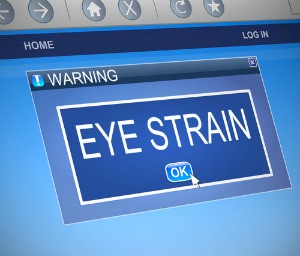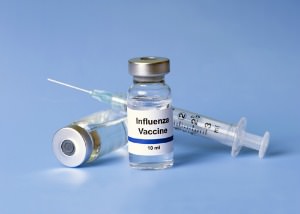 Aetna recently announced that it would be pulling out of roughly 70 percent of the counties in which it offers insurance coverage under the Affordable Care Act. As one of the five biggest health insurance providers in the country, their plan will have a big impact on consumers.
Aetna recently announced that it would be pulling out of roughly 70 percent of the counties in which it offers insurance coverage under the Affordable Care Act. As one of the five biggest health insurance providers in the country, their plan will have a big impact on consumers.
Under its new plan, Aetna will be providing healthcare options to only 242 of the 778 counties that they previously operated in through the public exchanges. Whereas they had previously offered plans in 15 states, they will now only be available through the public exchange in Delaware, Iowa, Nebraska, and Virginia.
According to the CEO of Aetna, Mark Bertolini, it has become impossible to provide affordable and high quality healthcare options without a balanced risk pool. Bertolini stated that 55 percent of their individual on-exchange membership was new in 2016 and that in the second quarter of this year, they saw individuals in need of high-cost healthcare take up an even bigger part of their on-exchange population. The company believes that coupled with the inadequate risk adjustment mechanism that’s currently in place, serious pressure is put on increasing premiums, which creates concerns over sustainability.
Aetna’s concerns over the exchanges created under the Affordable Care Act are shared by two of the other five largest insurance providers in the U.S. – Humana and United Healthcare. Both companies have stated that they are planning to greatly reduce their presence in the exchanges. One of the arguments made by these insurers is that most of the patients that are coming to the exchanges are older, which means that they are more expensive to cover – and that not enough young people are coming on to help offset those costs.
This could be a real issue for customers since the affordability of the plans on the exchange depends greatly on the number of insurers that are competing through it. Some believe Aetna’s actions may be linked to the U.S. Department of Justice blocking a proposed merger between Aetna and Humana.
Stay up to date with all the newest health insurance news by visiting The Benefits Store today.
Image courtesy of Katherine Welles / Shutterstock.com.
 The Benefits Store
The Benefits Store The Benefits Store
The Benefits Store 





Blog Home Page
Categories